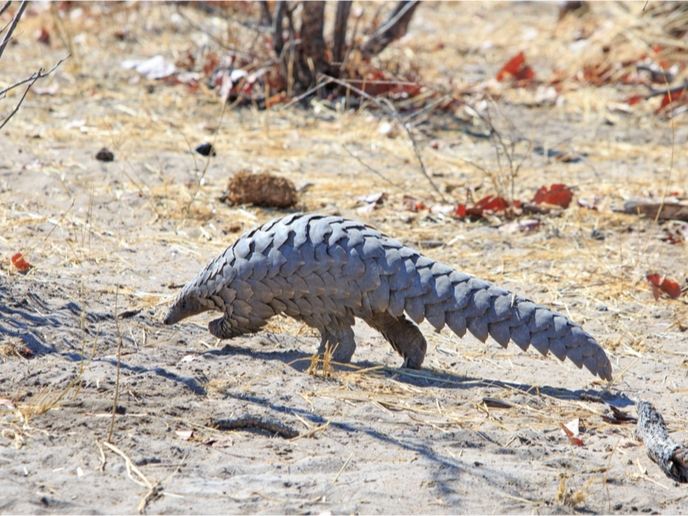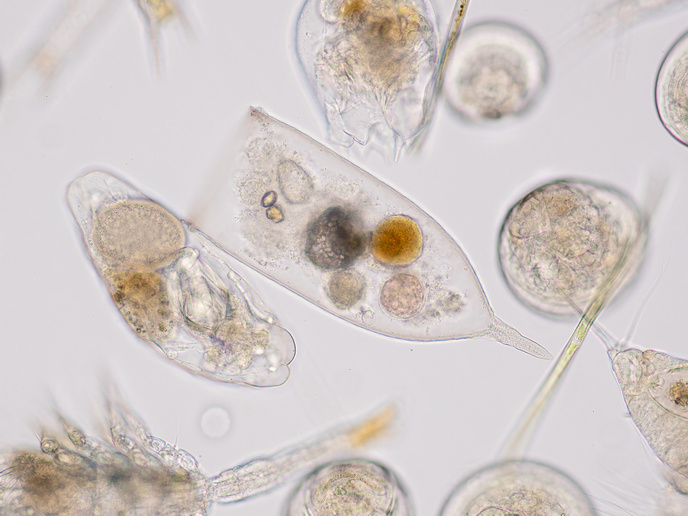Rapid and powerful water analysis technology
Time is particularly of the essence in the case of bioterrorism where drinking water is compromised. Fast and cost-efficient on-site methods for analysing water samples can lead to widespread use and enhanced environmental and consumer safety. As such, technology for on-site water analysis could facilitate rapid life-saving interventions. European scientists set out to develop such technology in the form of a lab-on-a-chip for detection of pathogens in water. With EU funding of the 'Diagnostic nanotech and microtech sensors' (Dinamics) project, the consortium developed an analysis system using DNA hybridisation. DNA hybridisation is a methodology in which a DNA probe is used to identify a similar DNA sequence in a sample. Combining the technique with nanotechnology, Dinamics researchers achieved two complementary technological solutions. The micro-array and its sensors enabled detection of either an electrical or a chemiluminescentsignal in response to DNA hybridisation. In addition, the array supported sensitive and simultaneous detection of multiple pathogens. Five microfluidics based modules were integratedinto an alarm system that could automatically send a warning to the appropriate authorities. The five procedures take approximately 10 hours when executed manually; the automated Dinamics technology should reduce turnaround time to two hours with important implications for rapid intervention and life saving.







